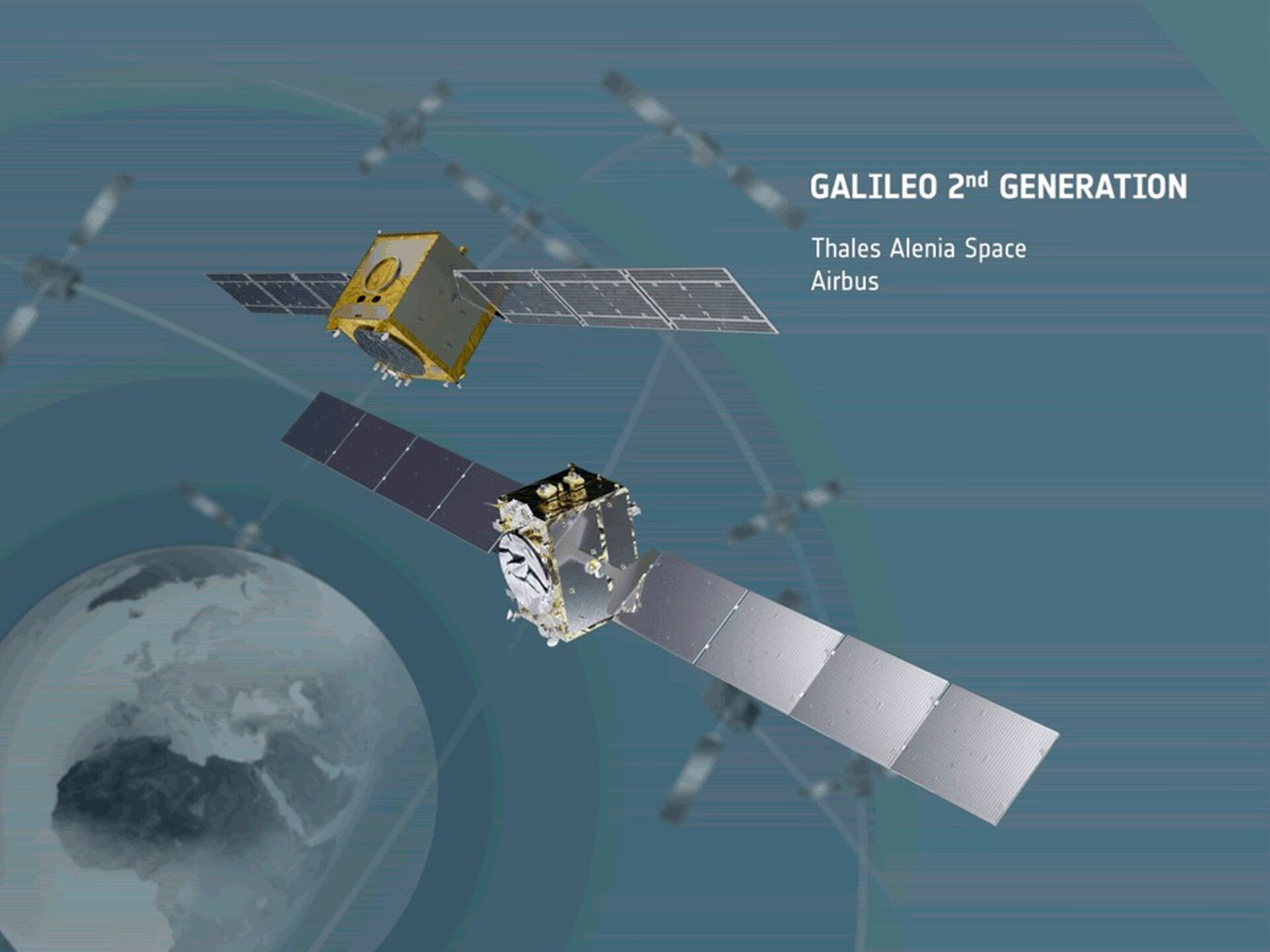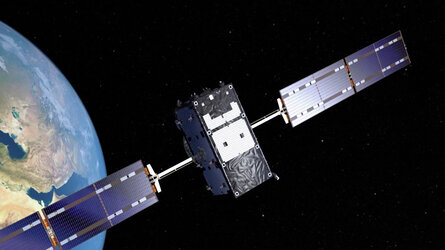Accept all cookies Accept only essential cookies See our Cookie Notice

About ESA
The European Space Agency (ESA) is Europe’s gateway to space. Its mission is to shape the development of Europe’s space capability and ensure that investment in space continues to deliver benefits to the citizens of Europe and the world.
Highlights
ESA - United space in Europe
This is ESA ESA facts Member States & Cooperating States Funding Director General Top management For Member State Delegations European vision European Space Policy ESA & EU Space Councils Responsibility & Sustainability Annual Report Calendar of meetings Corporate newsEstablishments & sites
ESA Headquarters ESA ESTEC ESA ESOC ESA ESRIN ESA EAC ESA ESAC Europe's Spaceport ESA ESEC ESA ECSAT Brussels Office Washington OfficeWorking with ESA
Business with ESA ESA Commercialisation Gateway Law at ESA Careers Cyber resilience at ESA IT at ESA Newsroom Partnerships Merchandising Licence Education Open Space Innovation Platform Integrity and Reporting Administrative Tribunal Health and SafetyMore about ESA
History ESA Historical Archives Exhibitions Publications Art & Culture ESA Merchandise Kids Diversity ESA Brand CentreLatest
Space in Member States
Find out more about space activities in our 23 Member States, and understand how ESA works together with their national agencies, institutions and organisations.
Science & Exploration
Exploring our Solar System and unlocking the secrets of the Universe
Go to topicAstronauts
Missions
Juice Euclid Webb Solar Orbiter BepiColombo Gaia ExoMars Cheops Exoplanet missions More missionsActivities
International Space Station Orion service module Gateway Concordia Caves & Pangaea BenefitsLatest
Space Safety
Protecting life and infrastructure on Earth and in orbit
Go to topicAsteroids
Asteroids and Planetary Defence Asteroid danger explained Flyeye telescope: asteroid detection Hera mission: asteroid deflection Near-Earth Object Coordination CentreSpace junk
About space debris Space debris by the numbers Space Environment Report In space refuelling, refurbishing and removingSafety from space
Clean Space ecodesign Zero Debris Technologies Space for Earth Supporting Sustainable DevelopmentSpace weather
Space weather and its hazards ESA Vigil: providing solar warning ESA Space Weather Service NetworkLatest
Applications
Using space to benefit citizens and meet future challenges on Earth
Go to topicObserving the Earth
Observing the Earth Future EO Copernicus Meteorology Space for our climate Satellite missionsCommercialisation
ESA Commercialisation Gateway Open Space Innovation Platform Business Incubation ESA Space SolutionsLatest
Enabling & Support
Making space accessible and developing the technologies for the future
Go to topicBuilding missions
Space Engineering and Technology Test centre Laboratories Concurrent Design Facility Preparing for the future Shaping the Future Discovery and Preparation Advanced Concepts TeamSpace transportation
Space Transportation Ariane Vega Space Rider Future space transportation Boost! Europe's Spaceport Launches from Europe's Spaceport from 2012Latest

Galileo Second Generation
Thank you for liking
You have already liked this page, you can only like it once!
Acting on behalf of the European Commission, ESA has signed two contracts for an overall amount of €1.47 billion, to design and build the first batch of the second generation of Europe’s Galileo navigation satellites. Following an intense process of open competition, these contracts have been awarded to ThalesAleniaSpace (Italy) and Airbus Defence & Space (Germany) to create two independent families of satellites amounting to 12 Galileo Second Generation satellites in total.
Galileo is Europe’s civil global satellite navigation constellation, currently the world’s most precise satnav system, offering metre-scale accuracy to more than 2 billion users around the globe. With improved accuracy, the new generation should be able to offer decimetre-scale precision positioning to all.
These Galileo Second Generation (G2) satellites will revolutionise the Galileo fleet, joining the 26 first generation Galileo satellites in orbit today plus the 12 ‘Batch 3’ satellites currently in production and testing, with a first launch later this year.
The new G2 satellites will be constructed in a short time scale with their first launch expected in less than four years, allowing them to commence operations in space as soon as possible.
The G2 satellites will gradually join the existing constellation, but will be much larger than existing satellites. Using electric propulsion for the first time, and hosting an enhanced navigation antenna, their fully digital payloads are being designed to be easily reconfigured in orbit, enabling them to actively respond to the evolving needs of users with novel signals and services.
New on-board technologies include electric propulsion to propel the satellites from the orbit in which they will be launched to the final operational orbits, allowing two satellites to be launched at once despite their increased mass. Inter-satellite links between the satellites will let them routinely cross-check their performance and reduce their dependency on the availability of ground installations. The satellites will also feature a more powerful navigation antenna, more precise onboard atomic clocks, as well as advanced jamming and spoofing protection mechanisms to safeguard Galileo signals.
-
CREDIT
ESA -
LICENCE
ESA Standard Licence

Galileo: the first ten years

Galileo: towards full operational capability

Galileo FOC satellites

Galileo Second Generation ADS















 Germany
Germany
 Austria
Austria
 Belgium
Belgium
 Denmark
Denmark
 Spain
Spain
 Estonia
Estonia
 Finland
Finland
 France
France
 Greece
Greece
 Hungary
Hungary
 Ireland
Ireland
 Italy
Italy
 Luxembourg
Luxembourg
 Norway
Norway
 The Netherlands
The Netherlands
 Poland
Poland
 Portugal
Portugal
 Czechia
Czechia
 Romania
Romania
 United Kingdom
United Kingdom
 Slovenia
Slovenia
 Sweden
Sweden
 Switzerland
Switzerland
























